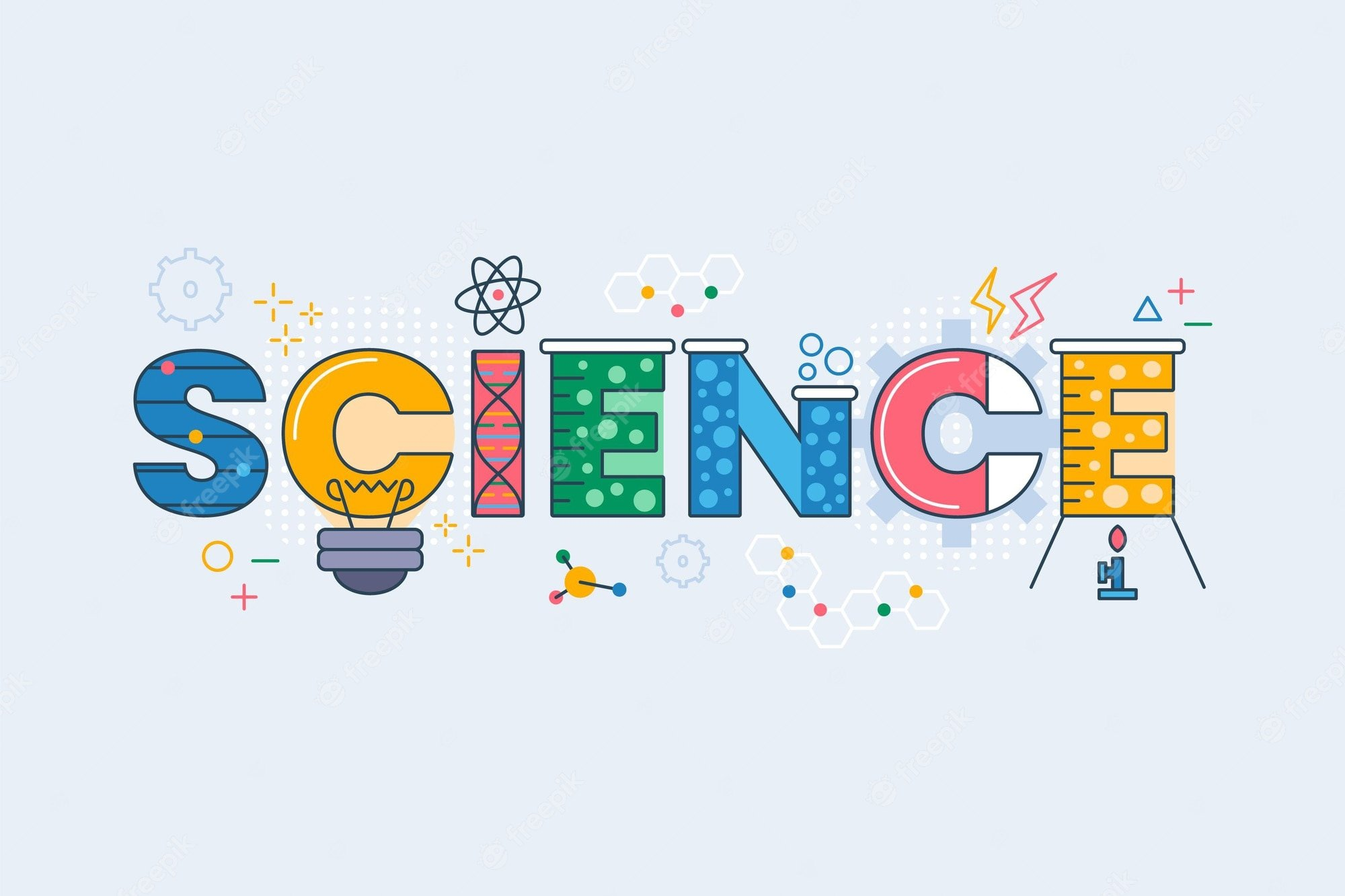WASHINGTON — A new study suggests that your morning brew might be doing more than just perking you up — it could be protecting you from a range of serious heart conditions. Researchers working with the Endocrine Society have found that drinking a moderate amount of coffee is associated with a lower risk of developing multiple cardiometabolic diseases. In simpler terms, your daily cup of coffee (or three) might help ward off conditions like Type 2 diabetes, heart disease, and stroke.
“Consuming three cups of coffee, or 200-300 mg caffeine, per day might help to reduce the risk of developing cardiometabolic multimorbidity in individuals without any cardiometabolic disease,” says Dr. Chaofu Ke, the lead author of the study from Suzhou Medical College in China, in a media release.
I choose to believe all the studies that say coffee is healthy and none that say it is not. I won’t change my coffee drinking habits regardless, so best think positively?
You do you, but doesn’t this remind you of the fake tobacco industry “research”?
This reminds me the other month I was reading studies in a dodgy medical journal and one said it “disproved” wheat allergy. When I looked in the funding section, well you had a lot of bread companies.
Coffee, wine, chocolate… it feels like every day there’s a new study showing how they’re either great for you or how they’re giving you cancer.
Why not both? They might be all true. It is totally possible something reduces your chance to get diabetes but increases your chance for liver cancer.
Most of these do not account for socioeconomic status of the test subjects or people willfully ignore them for a better narrative in derivative articles. They therefore boil down to: “people who can afford nice things live longer” Which would not be a great headline.
Much like the way we were told for ages that a glass of wine every day was good for our health. I think the latest research is showing no evidence of that, but rather that any amount of alcohol raises the risk of cancer.
People who drink moderate amounts of wine regularly tend to have higher income, and thus better health in general. At least that’s the last generally accepting hypothesis I last saw.
A problem with the older studies that seemed to indicate that alcohol had health benefits was also that their control group, the people who didn’t drink, turned out largely not to do so because they already had severe medical problems. They weren’t allowed to drink because of them.
Compared to them it looked like the people who did drink were more healthy on average. So they concluded there must be health benefits to drinking alcohol.
This “Science VS” episode is about that (and has a bunch of citations in its transcript): https://gimletmedia.com/shows/science-vs/llhdgj
The era of that was also the first time these studies were being done predominantly with non-smokers. It was hard to disentangle the health effects of smoking with everything else. Smoking rates drop through the 80s and 90s, and wine and coffee suddenly look pretty good compared to how bad we thought they were.
I can tell you right now chocolate has a positive effect. My brain just zonks out sometimes. Like I can’t do 2+2. But chocolate jump starts it right back into normal. I’m not going to sit here and say it’s a miracle food you can eat all day with no downsides but it definitely does something positive.
Have you tried seeing if any sugary snack give you the same effect? Sounds like the effects of a dip in blood sugar.
They do not. I have a TBI that does weird and fun stuff with my brain.
A new study? You probably mean a new, desperate, desperate article.
Correlation != Causation
I don’t care this is good enough for me
Almost all science and logic in the history of the world is based on correlation. Discovering the causal link comes later, or more often than not never.
Your glib comment seems smart to people on the internet, but what it actually demonstrates is a complete lack of understand of both words.
Yes, but in case of this kind of nutrition/health studies the correlation=/=causation is often a big problem. There are usually so many things at play and the studies just look at a tiny subsetof them, making the results irrelevant or just plain wrong. I think this field would benefit greatly from a more ecological approach - in ecology, scientists often use methods for multidimensional analysis of a big number of factors that can or do influence the studied problem. This is rarely seen in medicine and nutrition, unfortunately.
than just perking you up
It doesn’t, if you’re a regular drinker. Rather, you get withdrawal symptoms at morning.
Then you get mornings like today. Do I feel like shit because of withdrawal symptoms, or do I feel like shit from lack of sleep
Lucky for you both your problems have the same solution
But the real question is; is it the caffeine that helps or the bitter drink? Barley coffee helps me there, more than the mild zichorie.
I drink coffee but I put no faith in this reports that always seem to go one way or another. Just drink it in moderation. It wasn’t that long ago a glass of wine a day was considered healthy too.
It isn’t anymore?
The latest few reports have linked even mild drinking to increased cancer risks.
More specifically, the more recent studies analyze non-drinkers in two categories: those who just choose not to drink (generally healthier than even light drinkers), and those who don’t drink because they have serious health conditions incompatible with drinking or people recovering from substance/alcohol abuse issues who (generally much less healthy than light drinkers). By separating those who don’t drink versus those who can’t drink, the studies reverse earlier findings that non-drinkers are less healthy than light drinkers.
Woah, guess i’m out of date.
No, alcohol has always been toxic. just like tobacco. Might see the same restrictions on their ads in the future.
Alcohol is a toxin.
Many toxins have medicinal uses.
Please demonstrate the relevancy of your comment by citing medicinal uses of ingesting the alcohol in alcoholic beverages.
I was talking about toxins in general in reaction to yout toxin comment. I think it’s logical to research the possibility of alcohol having some beneficial effects, the world is not black and white.
When it comes to studies of health risks/benefits of alcohol, they unfortunately seem to suffer from the same shortcomings as other health studies: lots of important factors are often ignored, like the type of alcoholic beverage consumed, lifestyle connected to the type or amount of alcohol, previous history of alcohol use… I can, of course, give you a link to a study that finds benefits to moderate alcohol use (although they are far from recomending it). Here’s one example from 2023
Personally, I think alcohol probably does more damage than benefit even in moderate dosing, but the truth is we still don’t really know and we need much more in-depth studies to find out.
I know you’re hair splitting but there are benefits to other elements in alcoholic beverages. https://www.ncbi.nlm.nih.gov/pmc/articles/PMC6099584/#:~:text=The tannin extracts improved cardiovascular,myocardial infarction and its prevention.
No need to get sour that occasionally recreational use crosses over into medical use. We don’t make these rules.
So is caffeine.
Caffeine is toxic at around 10 grams, which is 80-100 cups of coffee. I’d you’re defining “toxin” as triggering adverse effects at any dosage, then you need to include water, oxygen, and every other substance in existence.
Alcohol is a biological toxin at any dosage. I find that people who argue this point aren’t doing it from an academic standpoint but to justify their own behavior.
Hm, didn’t think of it that way.
I find that people who argue this point aren’t doing it from an academic standpoint but to justify their own behavior.
I’m drinking maybe all 2 - 3 weeks a glass wine…
The issue is a lot of teetotalers don’t drink anything because of their existing health conditions, really bad obesity, hypertension, liver problems, etc. So those that don’t drink at all are actually less healthy than the average population, and those that drink in moderation are obviously healthier than those who drink a lot. So the results look like moderate drinking is the most healthy but there’s an (or a lot of) omitted variable bias.
There’s unsubstantiated and nonsensical assumptions in your comment starting with assuming that anyone who doesn’t ingest alcohol does it to avoid exacerbating current health conditions, leading to those that drink moderately being healthier than those who don’t drink. That’s absurd.
I’ll make an assumption of my own. A significant portion of your identify and social life is in “moderate” drinking and you’re very keen to justify that as “healthy.”
No it wasn’t that long ago https://www.ncbi.nlm.nih.gov/pmc/articles/PMC6099584/#:~:text=The tannin extracts improved cardiovascular,myocardial infarction and its prevention.
And it’s been cited in more recent blue zone study as well.
This isn’t a ticket for an alcoholic to go off drinking, they’d probably be best off still abstaining as the benefits would be obliterated by the negatives.
It’s not. Just eat the grapes or grape leaves. Stop trying to make the J curve happen, there is no safe minimum dose of alcohol.
@veganpizza69 @Smoogs Every time I see health news, it always seems so polarized.
There’s nothing wrong with polarization. Some things are clear cut enough to remain clear cut.
Let me put it differently, how much poop do you want in your drinking water?
Because I personally don’t want to eat 80 grapes. Besides the sugar content of 80 grapes is not healthy. If the alcohol content bothers you just get the non alcoholic wine or even seek out blueberry wine in which you require less for some of the same benefits or don’t. No one is forcing you to drink it. maybe go to alanon and get some management over your emotions around alcohol.
Because I personally don’t want to eat 80 grapes. Besides the sugar content of 80 grapes is not healthy.
That’s just wrong, sorry. Demonizing fruits is one of the most dangerous “health trends” on the face of the planet. Right up there with antivaxxers.
And, again you can eat leaves which don’t have sugar and have lots of other great nutrients and fiber, while having less water volume.
No one is forcing you to drink it.
You just haven’t encountered that kind of peer pressure yet.
“ You just haven’t encountered that kind of peer pressure yet.”
You invited yourself here.
“Demonizing fruit”
Fuck off troll.
[title]
I’ve drank quite a few more than just 3, so I’m basically indestructible
It’s also linked to me having an anxiety attack before the day is done. Talking from experience.
Speed of any sort can exacerbate panic attacks. Been there done that.
Direct link: https://academic.oup.com/jcem/advance-article-abstract/doi/10.1210/clinem/dgae552/7754545
tl;dr: Cardiometabolic multimorbidity is the co-occurrence of two or three cardiometabolic diseases, including diabetes, heart disease, and stroke. This study found that habitual coffee or caffeine intake, especially at a moderate level, was associated with a lower risk of new-onset CM.
Seems like a bit of a reach. Habitual caffeine intake means that you won’t get both diabetes and a stroke? I’m not convinced this is useful information.
I drink 6… Is that twice as good?
Mathematically it works out to half the
cancertype 2 diabetes and stroke.Edit: Fixed the disease
So, is this based on the model where infinite coffee make you immortal?
My grandma is going strong at 103… she doesn’t drink any coffee… so any amount I drink should make me effectively immortal… Right?
Halve?
Technically either one is correct in this case!
Any noun can be verbed.
Yes yes, studies show this, studies show that. And they all contradict each other, especially if you just wait a few years for things to come full circle.
It’s gotten to a point where I just don’t believe them any more.
Maybe coffee does in some circumstances with some people have a link to preventing diseases. Or maybe not.
We’ve seen, and will continue to see, well researched scientific studies that argue both sides of this, until the end of history.
Believe whatever makes you feel better, that’s all you can do, really.
That’s the journalists that inflate the meaning of these studies. The study itself will just say “we did measurements like this, here’s the data” and probably even “we should do more studies to confirm or deny or narrow it down”.
That’s the journalists’ fault. They have no business going through studies like this, that are not meant for them to make conclusions.
Believe whatever makes you feel better, that’s all you can do, really.
Just stop spreading this bs, and stop reading news like these. Believe what accredited sources tell you, like your doctor or other professionals
DO whatever makes you feel better is not bad advice. Some of these studies have overarching trends that I do believe - caffeine and Adderall are protective to your brain, a little bit of speed keeps the brain healthy.
Alcohol and Benadryl are risky over time, so a habit of downers is detrimental to the brain over time.
Logically this makes sense. I think to some extent it’s just metabolism/weight, staying lean is healthier all round but there does seem to be a pattern of results showing a habit of doing a little bit of stimulants is good for you.
And none of these studies seem to talk about genetics. Ozzy Osbourne and I can drop hella drugs and alcohol, be just fine. OK. That has no bearing for the rest of humanity.
And i can drink coffee and or sugary caffinated drinks right before i go to bed and be asleep in 10 minutes ad sleep like a rock, undisturbable by anything short of 4 alarms up to 12 hours later.
Sugar and caffeine actually make me sleepy.
But thats not how it is for everyone else.
You know the fact that you need 4 alarms is probably because the caffeine kills your sleep quality right?
Maybe. But i dont need to have caffeine in order to need multiple alarms to wake up.
I think it’s more out of habit.
Like i said, caffeine makes me sleepy. Thats common amongst people with ADHD.
I remember when “studies said” a glass of wine each day (week?) is good for your health.
I look forward to a solution to whatever disease causes people to try and talk to me before I’ve had my coffee.
I’m 4 times healthier than this, apparently.
Jesus Christ, how are you alive?
That’s about caffeine, not coffee exactly, also beware studies that say ‘might’.
Per day***
The headline makes it seem like it’s per lifetime or something.














